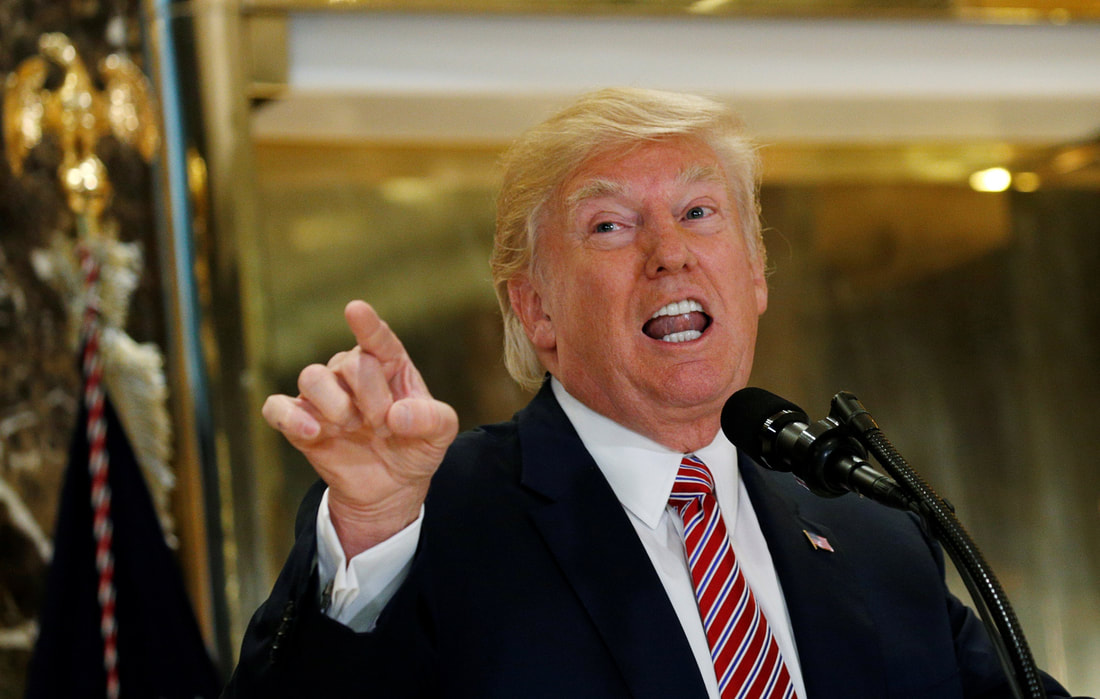 Kevin Lamarque; REUTERS
Kevin Lamarque; REUTERS Trump's delusional psychosis renders him mentally incapable of acquiring or fully understanding information or advice. Trump's inability to acquire information is shown by how he filters his sources of information. When Trump was considering whether to fire the FBI director, James Comey, he consulted several people in his administration. Except for one advisor, they recommended that Trump should not fire Comey. The one advisor who recommended firing Comey was his son-in-law, Jared Kushner. Compared to the other advisors, Kushner knew the least about government and the possible consequences of firing Comey. Trump took Kushner's advice. And the result was the appointment of a Special Counsel, Robert Mueller, and a two-year investigation into Russian interference in the 2016 election. Trump fails to see how his actions led to the troubles that eventually confronted him.